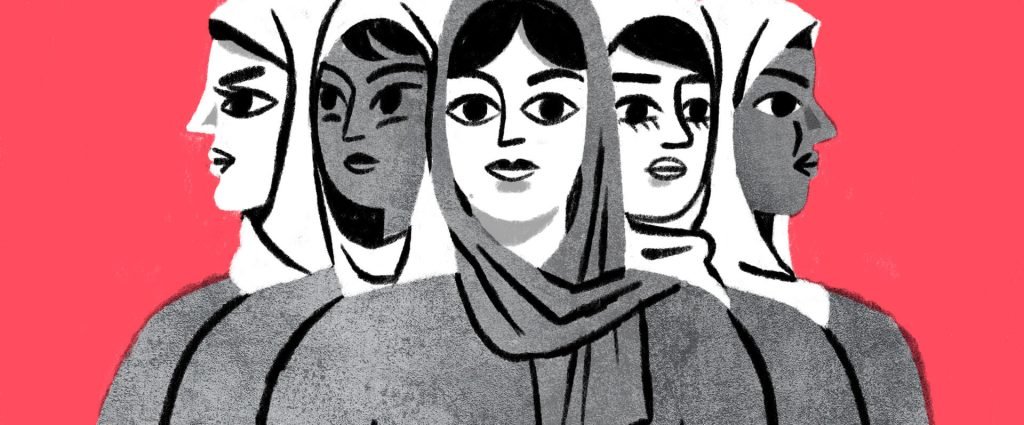Kabul, 8 February 2023 (TDI): The ban on Afghan women working in NGOs created negative ripples. In December 2022, the Afghan Taliban issued a letter that banned them from working in international & national non-governmental organizations (NGOs).

This is considered another systematic attack on the fundamental rights of women and girls since the Taliban takeover of Kabul in August 2021.
This ban created negative impacts not only on Afghan women but also on the working of civil society organizations. The ban was declared discriminatory by civil society and international non-governmental organizations.
They issued a statement that regarded this step as discriminatory and dictates whom humanitarian actors cannot employ, and whom they can reach with assistance.

It also created multilayered implications that go beyond the inability of reaching women and girls with life-saving assistance, including dealing a further blow to the Afghan economy amid the ongoing crisis.
Moreover, it speeds up the erasure of Afghan women and girls from all aspects of Afghan public life.
Afghanistan: 93% of civil society organizations say they will have to reduce or end their operations entirely if they are unable to employ women.
— United Nations (@UN) February 8, 2023
Women humanitarians are essential for delivering life-saving services.
Latest gender alert from @UN_Women. https://t.co/ErsWe3exsF pic.twitter.com/fyrrjLDZ73
Impacts of Taliban Ban
Consequently, the four largest INGOs stopped working in Afghanistan because without female staff their work is quite difficult, especially keeping in view the cultural constraints that exist in the country.

Almost 6.11 million Afghan women and girls need humanitarian aid, but they are not getting it due to the suspension of operations. This would force 30-35 percent of women into poverty according to estimation.
About 47 percent and 11 percent of the staff of national and international non-governmental organizations are women.
This created economic opportunities for women, but it also provides a cushion to agencies for service delivery. However, the system is crippled due to the Taliban’s misogynist policies.
Though some women are working from home for the NGOs and INGOs, however, this is not creating positive impacts overall in service delivery.
Iqra is a research scholar. She writes on various platforms. She is the author of two books. Her research interest includes politics, International relations, diplomacy, peace, and conflict studies, public administration, sociology and history.
- This author does not have any more posts.








